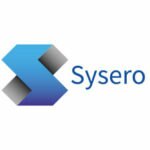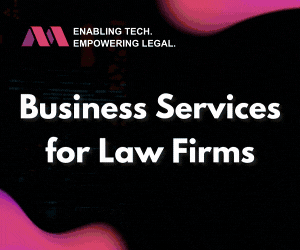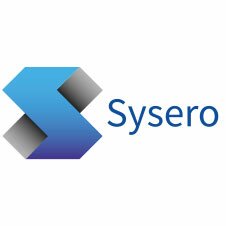Sysero: Retaining knowledge in the modern day law firm
For today’s law firms and legal providers, knowledge is everything. Think about it – almost every client interaction from your firm relies on some form of knowledge, whether it be legal knowledge, client knowledge or organisational insights. The success of your firm is intrinsically tied to the specialist knowledge it holds within its walls. However, all too often, these invaluable insights and tacit knowledge assets leave the firm with the lawyers that possess them.
As an entire generation of senior lawyers and partners rapidly approach the age of retirement, firms are ushering in a younger generation empowered by high levels of mobility and a desire for innovation and transformation. According to the most recent PWC Annual Law Firms’ Survey, today’s firms face high staff turnover rates driven by short-term contracts, employer competition and concern over opportunity for advancement. At the same time, an Altman Weil survey found that partners age 60 or older were responsible for at least a quarter of law firm revenue at 63 percent of firms.
The legal workforce is changing faster than ever before, and today’s firms must find new ways to effectively capture, maintain and distribute the expertise of their lawyers. While many firms struggle to sift through imposing amounts of data, those that can quickly access, search and manage proprietary knowledge from across the firm will prove stronger competitors and client partners. Here, we look at best practices for ensuring your firm retains its knowledge to drive continued growth for the future.
Define KM from a Forward-Thinking Perspective
A decade ago, Knowledge Management (KM) was focussed on work product retrieval and reuse. Today, it may be the key to creating a competitive advantage. In the context of the digital age, KM goes beyond just organising, sharing and effectively using organisational knowledge. It’s about surfacing the right information, to the right people, at the right time. In forward-thinking KM, the need is to be able to capture and organise explicit and tacit knowledge from across the firm and empower lawyers to deliver better, more consistent service and quickly solve complex business challenges.
Choose the Right Technology
Technology is crucial to closing the knowledge gap created by lawyers’ departures. Fortunately, robust knowledge management systems coupled with workflow automation can provide a strong framework for capturing, managing and sharing expertise across the entire firm before critical partners retire or valuable staff depart. Further, solutions like Sysero, can integrate internal and external knowledge into a custom know-how repository that your firm’s lawyers can easily search and manage. You can also make use of contextual search tools, which help optimise the search experience and quickly surface the content most valuable to the individual users.
Shift Firm Culture
Law firms traditionally are individualistic, as lawyers are often sold on the idea that their knowledge is their most important asset and it shouldn’t be shared. However, to effectively prevent knowledge leakage, it’s critical to cultivate an organisational culture built on collaboration and communication. While it’s no small feat to shift the collective mindset, it’s a crucial step toward encouraging partners, lawyers and staff to openly share insights and experience and ensure future success for your firm.
One proven way to begin the shift is to include lawyers in your KM initiatives. For example, when Castren & Snellman collaborated with Sysero to develop a comprehensive knowledge management system called Transformer, the KM team was mindful to include lawyers early in the planning process. As such, the team piloted the programme with the firm’s Mergers & Acquisition team, which lead to early quick wins and programme advocates within the firm.
Provide the Right Training
To effectively capture and share knowledge, today’s firms not only need to demonstrate the benefits of knowledge sharing, but also educate and train lawyers on how to effectively share their knowledge. When implementing new technology or processes, consider hosting several training events for your lawyers or launching a series of on-demand training tools, which could include instructional guides and videos. As lawyers learn more about your initiative, they’ll discover new tools and features that can help them be more productive, efficient, and deliver higher quality service.



